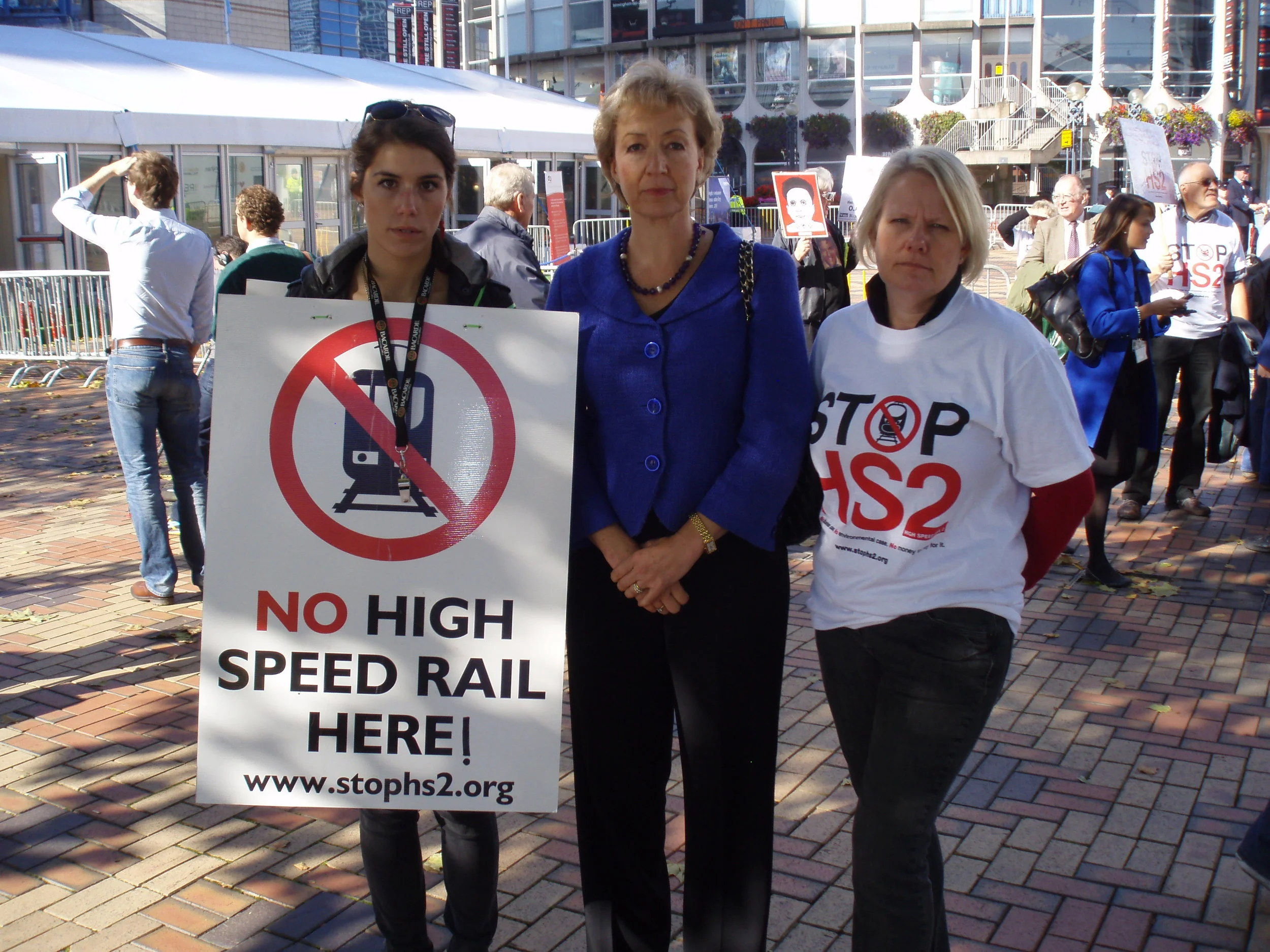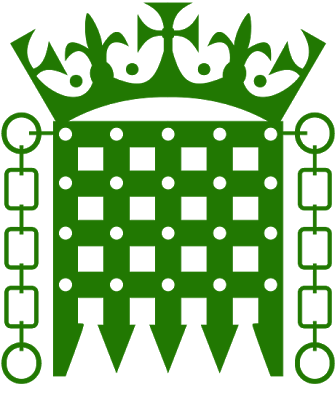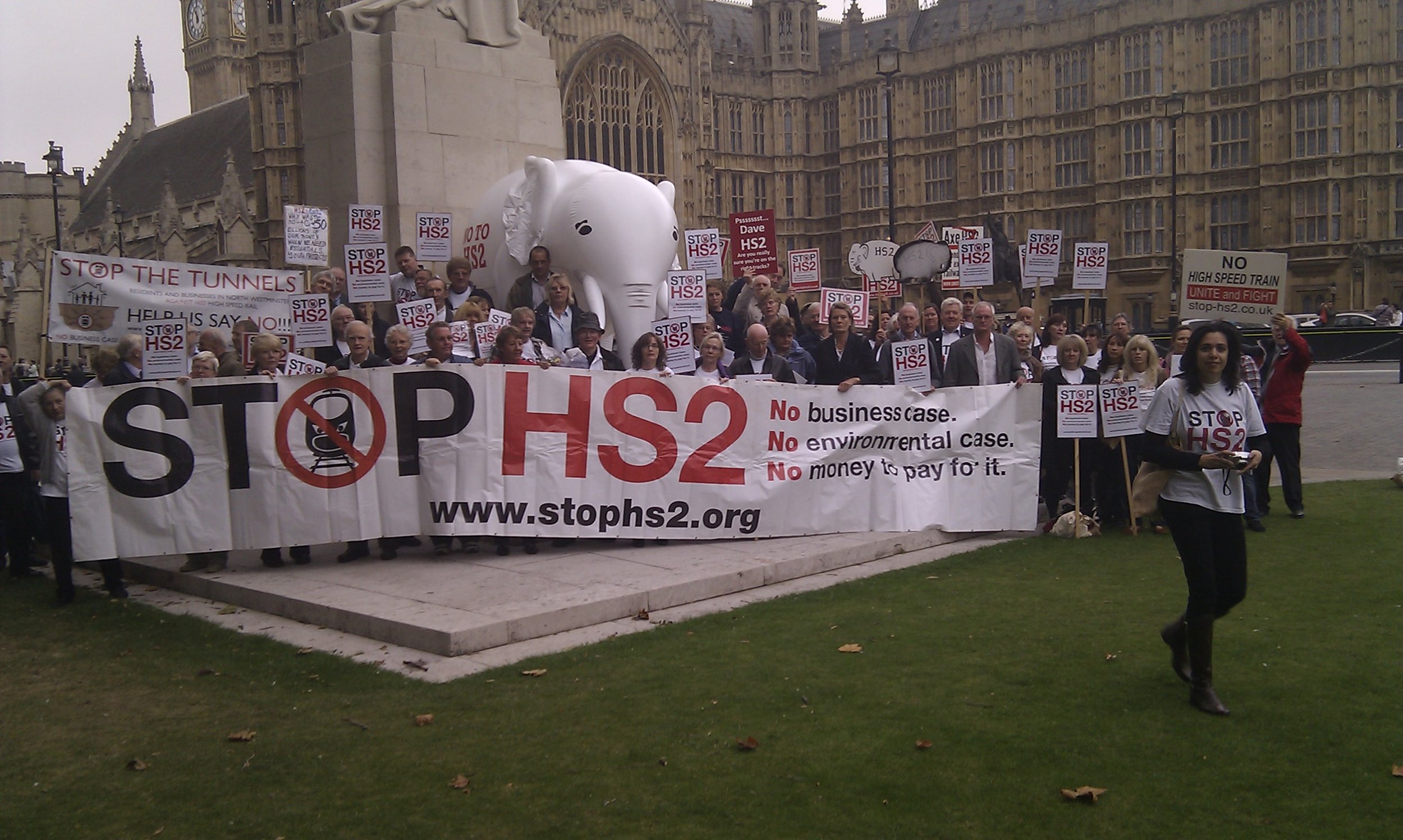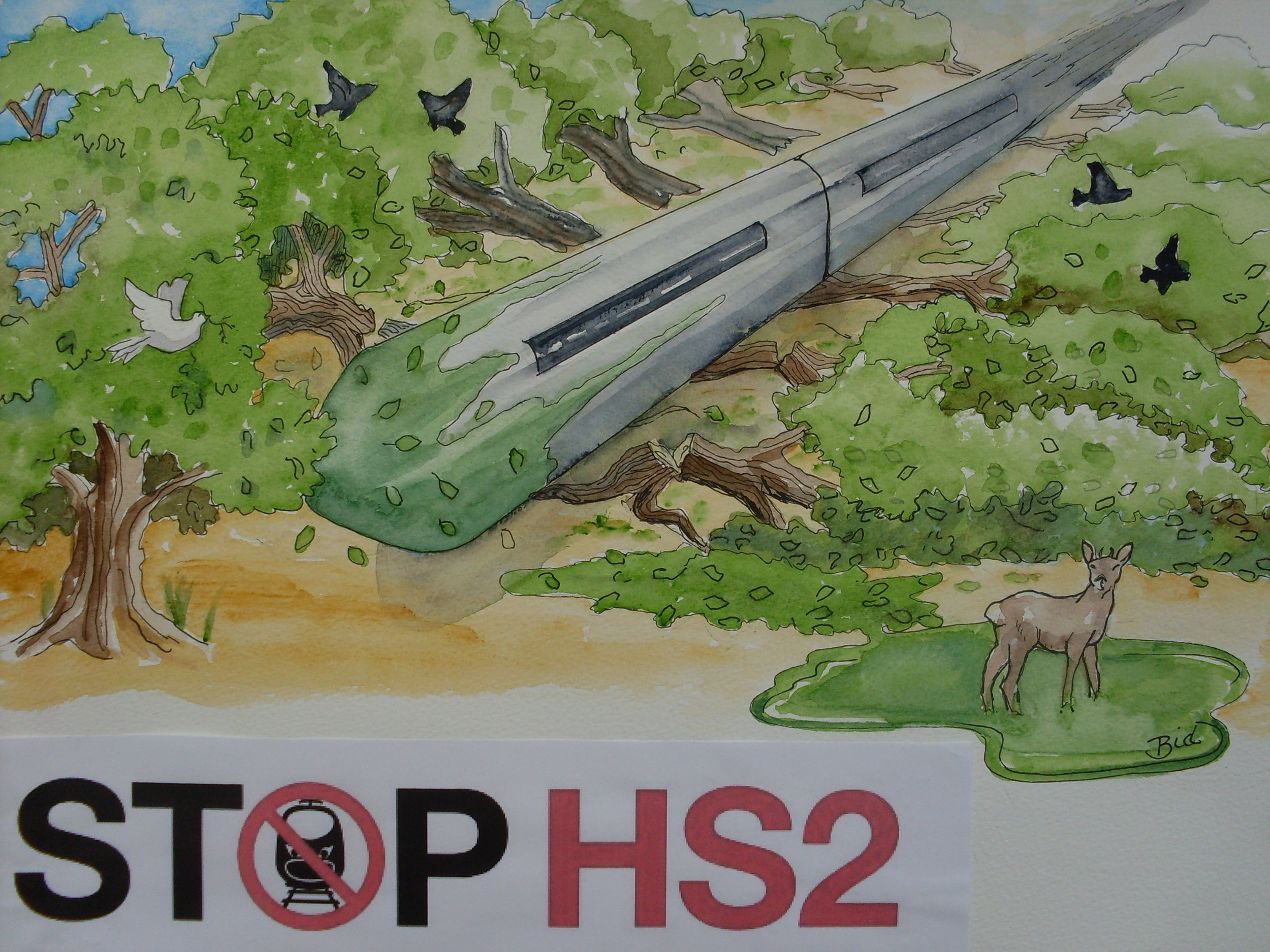Economics of HS2

Yesterday, the Treasury Select Committee heard oral evidence from KPMG, the Institute for Economic Affairs, the London School of Economics, and Imperial College London on the business case for, and economics of, HS2, further to KPMG’s recent report entitled HS2 Regional Economic Impacts that was published on the 11th September.
This follows on from the oral evidence about HS2 we heard in July this year as part of the TSC’s inquiry into the Spending Round, and the subsequent report we published last month. As we said at the time of our October report, there appear to be serious shortcomings in the current cost benefit analysis for HS2 and the economic case must be looked at again.
Given how concerned my own constituents are about the impact of HS2 through South Northamptonshire, not to mention the cost to taxpayer, and following on from the backbench debate I held on the project in October 2011, I was very pleased to have the opportunity yesterday to question Professor Henry Overman of the LSE, Dr Richard Wellings of the IEA and Professor Dan Graham of Imperial.
I was grateful to Dr Wellings for setting out that the Department for Transport should not be including the wider economic benefits of HS2 in calculating the project’s benefit cost ratio; as he said, they are so questionable and nebulous and they also have to be set against wider economic losses. I was also interested in his assessment that the people behind a particular infrastructure project tend to exaggerate the BCR, which concurs with my own long-held view.
As we see the BCR for HS2 collapsing, with the recent report suggesting it now stands at 1.8, there are significant questions about how effectively the value-for-money for the project can be assessed on a stand-alone basis. There really is a need to compare the economic impacts across a wide range of projects to understand whether this is good value for taxpayers.
Now that the arguments for HS2 have pivoted completely away from speed to capacity and overcrowding, I was pleased that Professor Graham agreed with me that the recent reports to Government on the project’s viability are not wholly accurate. Indeed, he stated that there was nothing in KPMG’s report to indicate that the £15 billion per annum forecast return has any firm statistical foundation.
This is a horrifying indictment of the project, and further evidence that the Department for Transport must look urgently at whether HS2 is the right investment decision for the future.
You can read the full TSC transcript here, with my contributions on pages 21-24. You can watch what I said in the session below.
For interest, my opening remarks in my October 2011 HS2 debate in the Commons are below.





